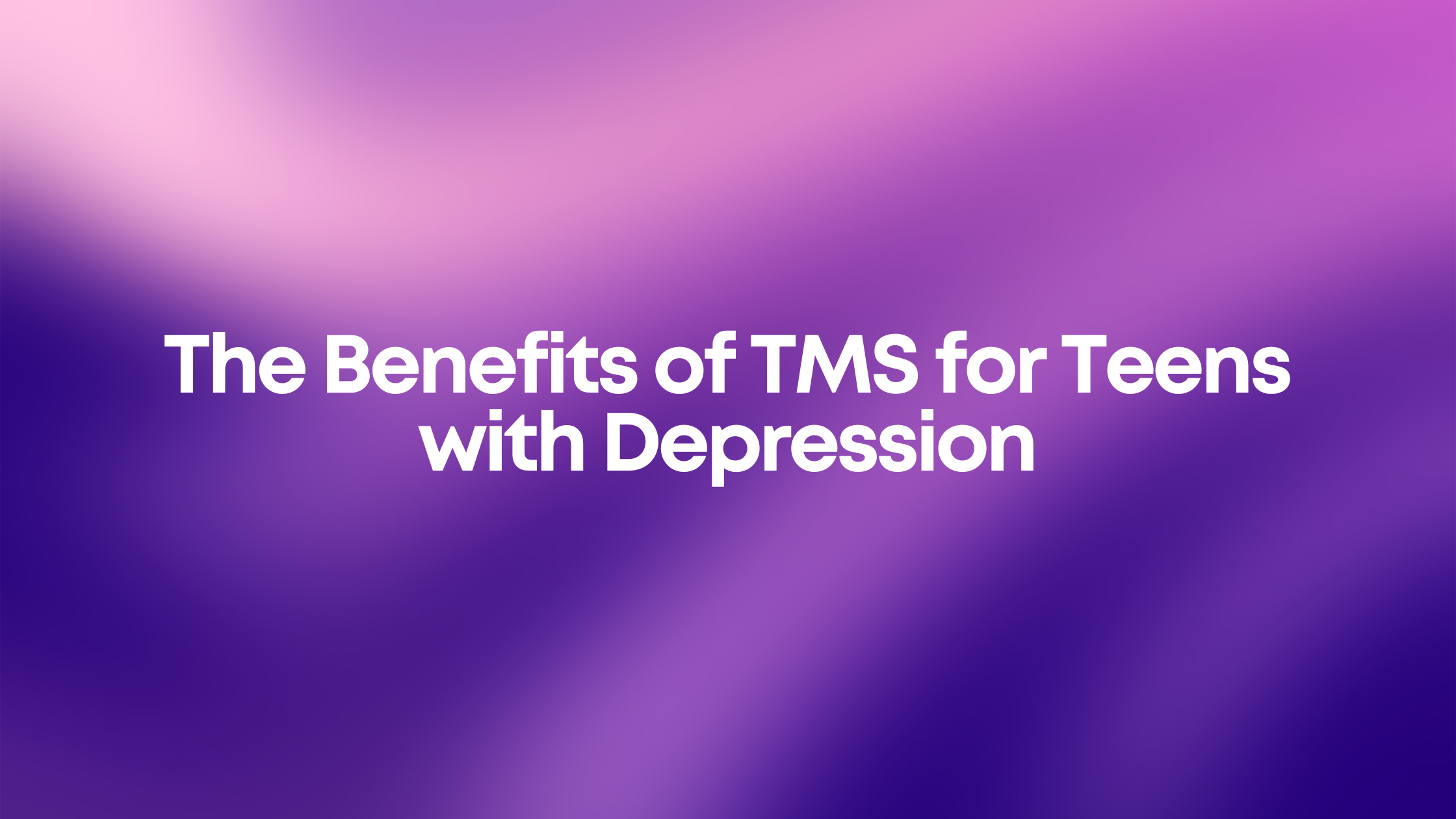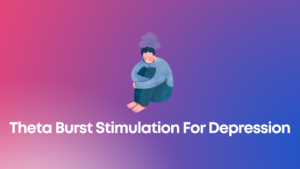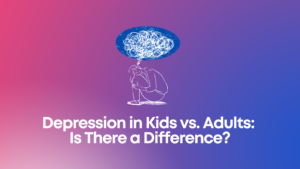Depression is a debilitating condition that affects millions of people worldwide, including a significant number of teenagers. Traditional treatments for depression, such as medication and psychotherapy, have been effective for many. However, not all individuals respond to these treatments, necessitating the exploration of alternative therapeutic options. One such alternative is Transcranial Magnetic Stimulation (TMS). In recent years, TMS has emerged as a promising treatment for depression, including among teenagers. This article delves into the benefits of TMS for teens with depression.
1. Non-Invasive Procedure
TMS is a non-invasive procedure that uses magnetic fields to stimulate nerve cells in the brain. Unlike other treatments like electroconvulsive therapy (ECT), TMS does not require anesthesia or induce seizures. This makes it a safer option for teenagers, who might be more susceptible to the side effects of more invasive procedures.
2. Few Side Effects
One of the significant advantages of TMS is its minimal side effects. The most common side effects are mild and include headaches or discomfort at the treatment site. These side effects are generally short-lived and less severe than the potential side effects of antidepressant medications, which can include weight gain, fatigue, and sexual dysfunction.
3. Effective for Treatment-Resistant Depression
TMS has shown promise in treating individuals who don’t respond to traditional therapies. For teens who have tried multiple medications or therapy sessions without significant improvement, TMS offers a new hope. Studies have indicated that many patients who didn’t benefit from other treatments found relief with TMS.
4. Improvement in Cognitive Function
Apart from alleviating depressive symptoms, TMS has been associated with improvements in cognitive functions. This is particularly beneficial for teenagers, who are in a crucial phase of their academic and personal development. Enhanced cognitive function can lead to better academic performance and improved social interactions.
5. Short Treatment Duration
A typical TMS session lasts about 30 to 60 minutes, and patients usually undergo treatment five days a week for four to six weeks. This relatively short duration means that teenagers can integrate the treatment into their daily routines without significant disruptions.
6. Long-lasting Effects
While the duration of the beneficial effects of TMS can vary, many teenagers experience relief from their depressive symptoms for several months after the treatment ends. This prolonged relief can provide teens with the opportunity to engage in other therapeutic interventions, such as cognitive-behavioral therapy, to further enhance their recovery.
7. TMS For Teens: Enhanced Quality of Life
Depression can severely impact a teenager’s quality of life, affecting their academic performance, social relationships, and overall well-being. By effectively reducing depressive symptoms, TMS can help teens regain a sense of normalcy and enjoy their formative years to the fullest.
Get In Touch About TMS For Teens
While TMS is not a one-size-fits-all solution, it offers a ray of hope for many teenagers struggling with depression. At PsyFi TMS, we specialize in Blossom TMS therapy, tailored to address the unique needs of each individual. If you’re considering TMS for your teen or simply want to learn more about its potential benefits, reach out to us at info@psyfitms.com. Our dedicated team is here to guide you every step of the way.




